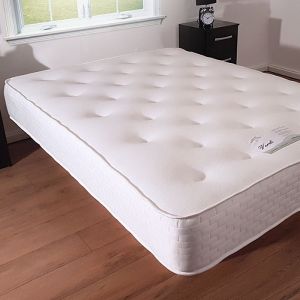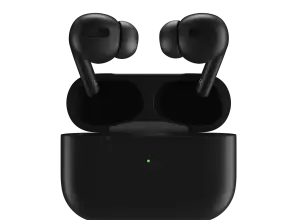Spring Mattress Vs. Memory Foam Mattresses

Yes, there is a difference between spring mattresses and memory foam mattresses, and you’d be surprised to know just how much they differ. Join us as we look at the most significant differences between these two iconic mattresses.
Spring mattresses
These are the beds we all remember growing up with. If you remember jumping on your bed as a kid and hearing those creaky coils, you’ll know exactly what we are talking about. These mattresses are made from a basic pocket-coil system wrapped in fabric. They are much cheaper to manufacture than their modern counterparts, and therefore retailers can sell them at much lower prices. For this reason, they are still on the market and are the most popular choice for those wanting a budget item.
Once you notice your bed has likely reached its sell-by date, you’ll be able to feel one or two coils sticking into you. Due to their design, spring mattresses and cheap pocket spring mattresses don’t adjust to body heat and contour a shape. To make up for the lack of comfort when comparing these to other mattresses, many manufacturers add a layer of memory foam on top of the mattress for extra comfort. A spring mattress doesn’t reduce friction on pressure points without the added memory foam. Having said this, it is essential to note that spring mattresses are usually durable and can last a good 8 to 10 years.
Memory foam
If you get a spacey feeling when lying on your memory foam mattress, it is because NASA invented memory foam. It’s now the bed of choice for those able to stretch their budget when searching for a new bed. It is designed from layers of foam to create a firm mattress that absorbs or hugs the contours of your body. The special space-engineered foam comprises polyurethane foam with chemicals added to increase its viscosity and density.
Memory foam mattresses are designed to distribute body weight evenly. This offers you a perfect balance and support system by reducing friction on pressure points on your body. It holds its shape for a long time and won’t sag in places. In fact, bed manufacturers are so confident of the quality of the foam that many offer a 20-year guarantee. Much of a memory foam’s mattress components are comprised of various chemicals.
One criticism of memory foam mattresses is that many of them tend to retain heat and can leave you feeling rather hot and sweaty. Advancements in the manufacture of these mattresses resulted in the production of gel memory foam consisting of gel particles fused with Visco foam to reduce trapped body heat, speed up spring back time and help the mattress feel softer. One of the key benefits of a memory foam mattress is that it distributes body weight evenly, which means there is less pressure on different pressure points of your body like the elbows, ankles, and hips. In fact, memory foam reduces stress by up to 80% compared to spring mattresses.





